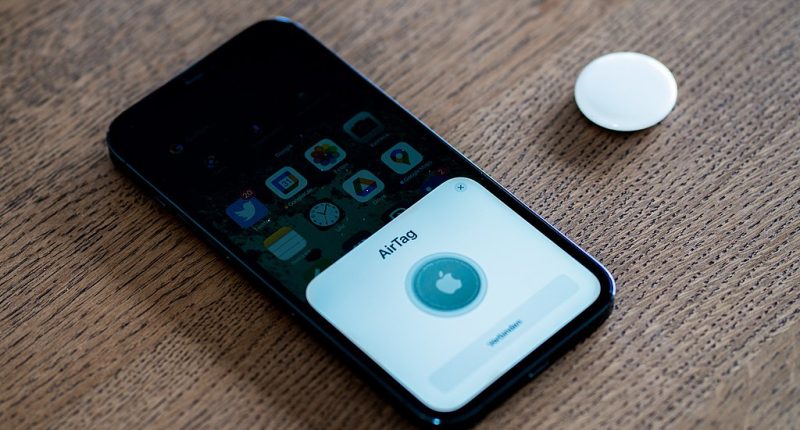Apple and Google have jointly submitted a proposal for industry specification which aim to address the ever-growing misuse of Bluetooth location-tracking devices for unwanted tracking. The specification comes amid increasing concerns about privacy and security as people continue to use Bluetooth-enabled devices to track their location and movements, but in-turn become victim of illicit tracking.
According to a press release, the companies said that they intend to collaborate to lead an industry-wide initiative to address the issue. From the looks of it, the specification submitted by Google and Apple will allow Bluetooth location-tracking devices to be compatible with detection of unauthorized tracking and alerts across iOS and Android (including upcoming ones) alike.
For now, both companies are seeking input from other industry participants and advocacy groups in the matter, and other tracker makers like Samsung, Tile, Chipolo, eufy Security and Pebblebee have also expressed interest in the draft. The industry specification was submitted as an Internet-Draft via the Internet Engineering Task Force (IETF), and once other parties have reviewed the specification over the next three months, Apple and Google will offer feedback and will release a production implementation of the specification. That will be by the end of the year, from the looks of it.
Bluetooth-enabled location tracking devices, such as beacons, have been widely used in various settings, such as retail stores, airports, and museums, to provide location-based services and information to users. However, these devices have also been misused for tracking users without their consent or knowledge, leading to privacy concerns. “Bluetooth trackers have created tremendous user benefits, but they also bring the potential of unwanted tracking, which requires industrywide action to solve,” said Dave Burke, Google’s VP of Engineering for Android. “Android has an unwavering commitment to protecting users, and will continue to develop strong safeguards and collaborate with the industry to help combat the misuse of Bluetooth tracking devices.”
The specification is the latest development by Apple – after its AirTag and its “Find My” network – to work on a Bluetooth tracker for the masses. Ron Huang, Apple’s VP of Sensing and Connectivity, noted that AirTag was launched “to give users the peace of mind knowing where to find their most important items,” and both it and the Find My network were built with “a set of proactive features to discourage unwanted tracking — a first in the industry — and we continue to make improvements to help ensure the technology is being used as intended. This new industry specification builds upon the AirTag protections, and through collaboration with Google results in a critical step forward to help combat unwanted tracking across iOS and Android.”
The impact of this move can be seen in the growing awareness of privacy concerns among users and the increasing scrutiny of technology companies’ handling of user data. The specification will likely be adopted by other tech companies and industry players, leading to a more standardized approach to Bluetooth location tracking and the protection of users’ privacy. The draft specification offers best practices and guidelines for manufacturers to incorporate these capabilities into their products.
In addition, the proposed specification is likely to benefit businesses that use Bluetooth beacons for legitimate purposes, such as providing location-based services and information to users. By ensuring the responsible use of Bluetooth location data, the specification will enhance consumer trust in these services and enable businesses to continue to offer them with greater confidence.
The Tech Portal is published by Blue Box Media Private Limited. Our investors have no influence over our reporting. Read our full Ownership and Funding Disclosure →






